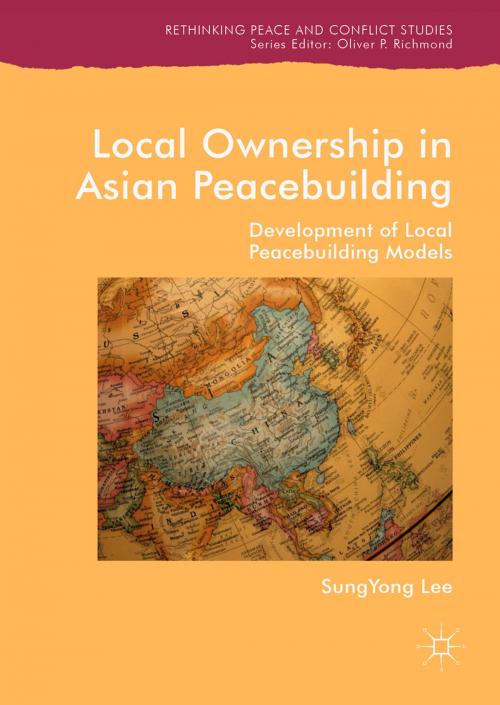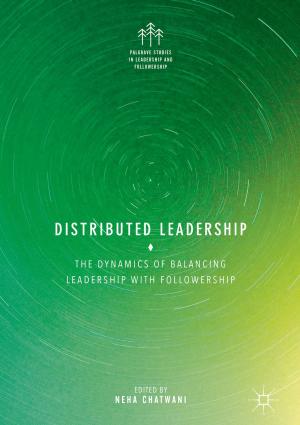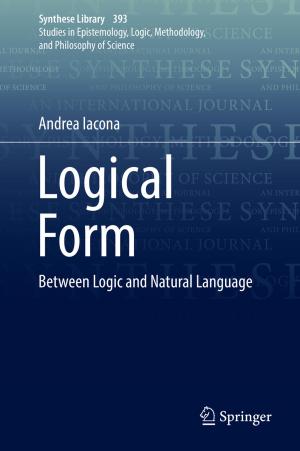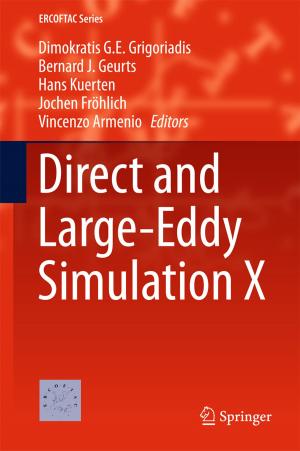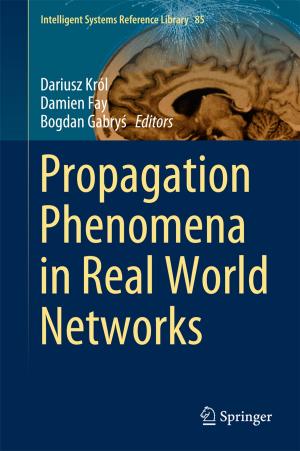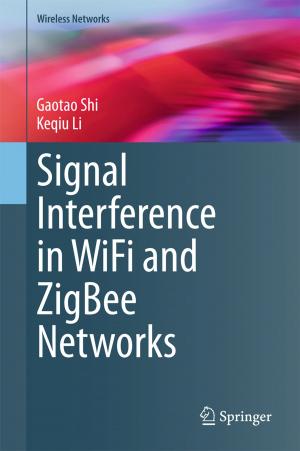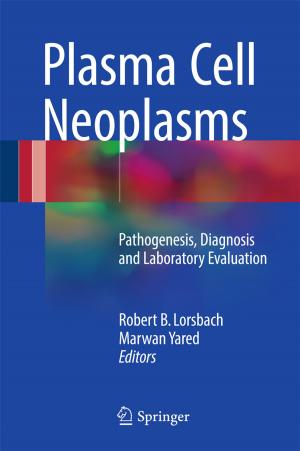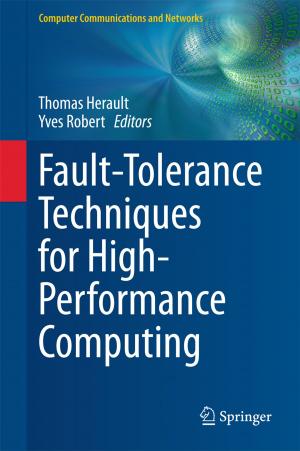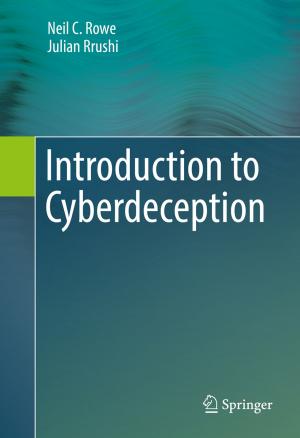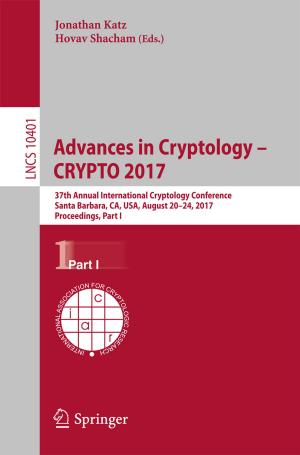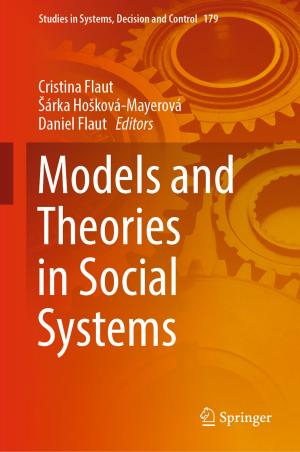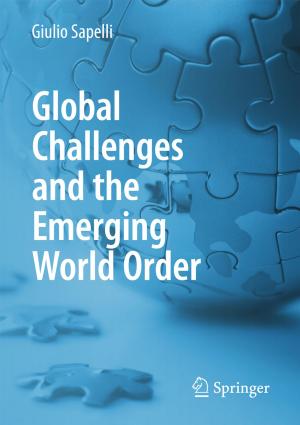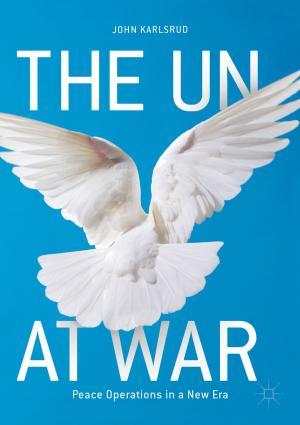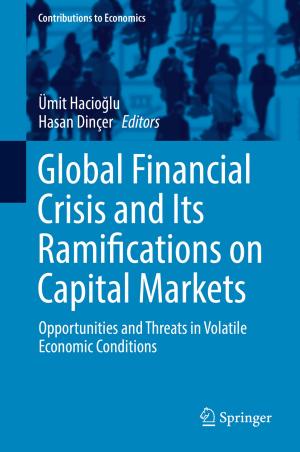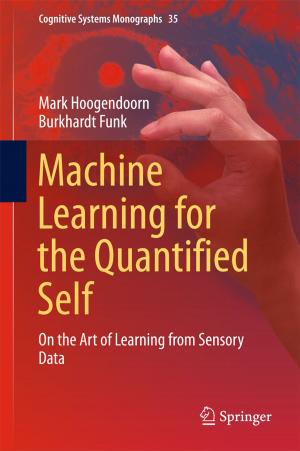Local Ownership in Asian Peacebuilding
Development of Local Peacebuilding Models
Nonfiction, Social & Cultural Studies, Political Science, International, International Security, Reference & Language, Reference| Author: | SungYong Lee | ISBN: | 9783319986111 |
| Publisher: | Springer International Publishing | Publication: | September 2, 2018 |
| Imprint: | Palgrave Macmillan | Language: | English |
| Author: | SungYong Lee |
| ISBN: | 9783319986111 |
| Publisher: | Springer International Publishing |
| Publication: | September 2, 2018 |
| Imprint: | Palgrave Macmillan |
| Language: | English |
This book examines how local agencies in Cambodia and Mindanao (the Philippines) have developed their own models of peacebuilding under the strong influence and advocacy of external intervention. It identifies four distinct patterns in the development of local peacebuilders’ ownership: ownership inheritance from external advocates, management of external reliance, friction-avoiding approaches, and utilisation of religious/traditional leadership. This book then analyses each pattern, focusing on its operational features, its significance and limitations as a local peacebuilding model. This study makes theoretical contributions to the academic debates on the ‘local turn’, local ownership, hybrid peace and everyday peace. Particularly, it engages in and further develops four specific lines of discussion: norm diffusions into local communities, patterns of local-external interaction, concepts of ownership, dual structure of power, and multiplicity in the identities of local.
This book examines how local agencies in Cambodia and Mindanao (the Philippines) have developed their own models of peacebuilding under the strong influence and advocacy of external intervention. It identifies four distinct patterns in the development of local peacebuilders’ ownership: ownership inheritance from external advocates, management of external reliance, friction-avoiding approaches, and utilisation of religious/traditional leadership. This book then analyses each pattern, focusing on its operational features, its significance and limitations as a local peacebuilding model. This study makes theoretical contributions to the academic debates on the ‘local turn’, local ownership, hybrid peace and everyday peace. Particularly, it engages in and further develops four specific lines of discussion: norm diffusions into local communities, patterns of local-external interaction, concepts of ownership, dual structure of power, and multiplicity in the identities of local.
